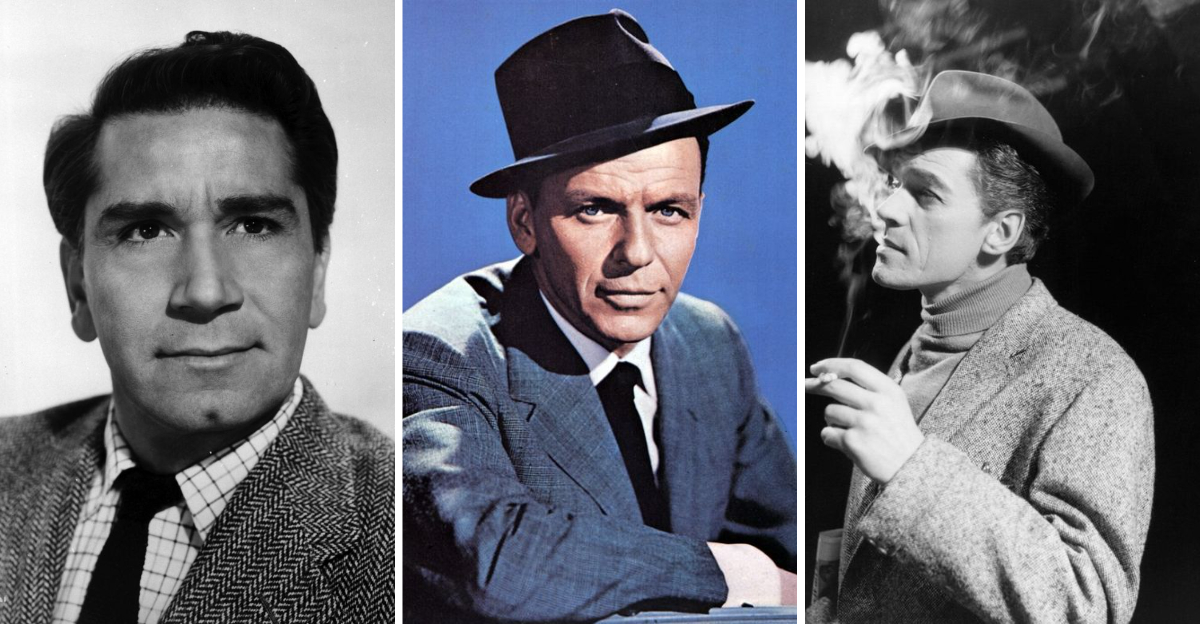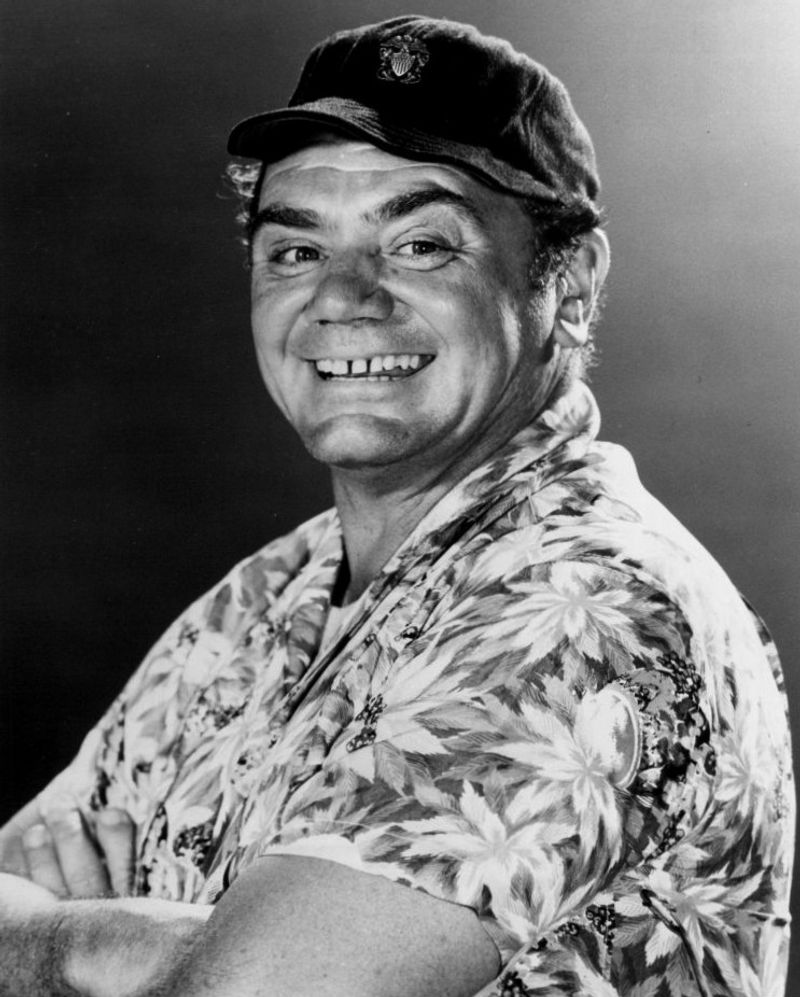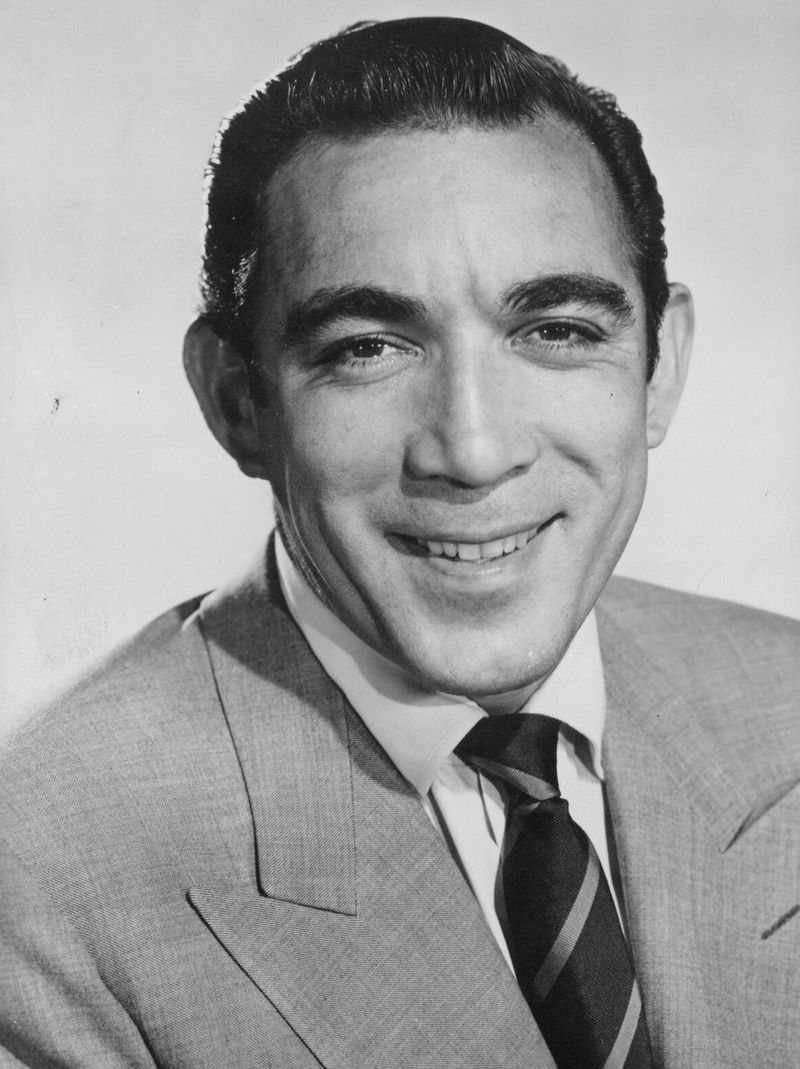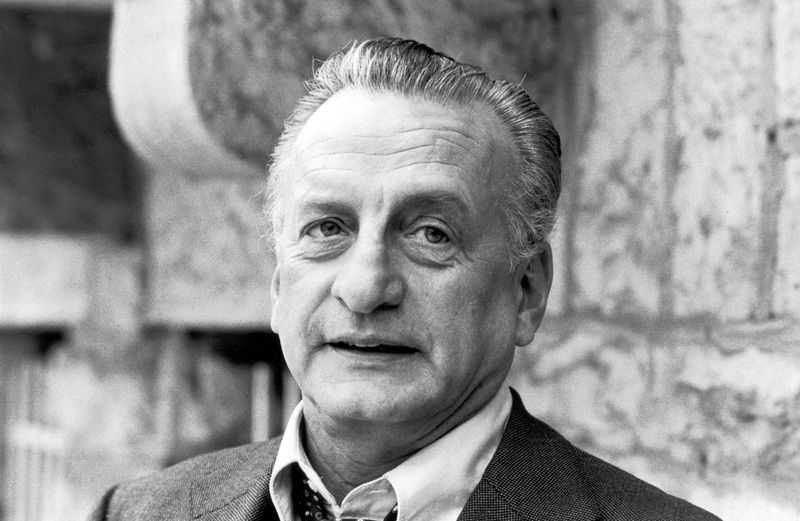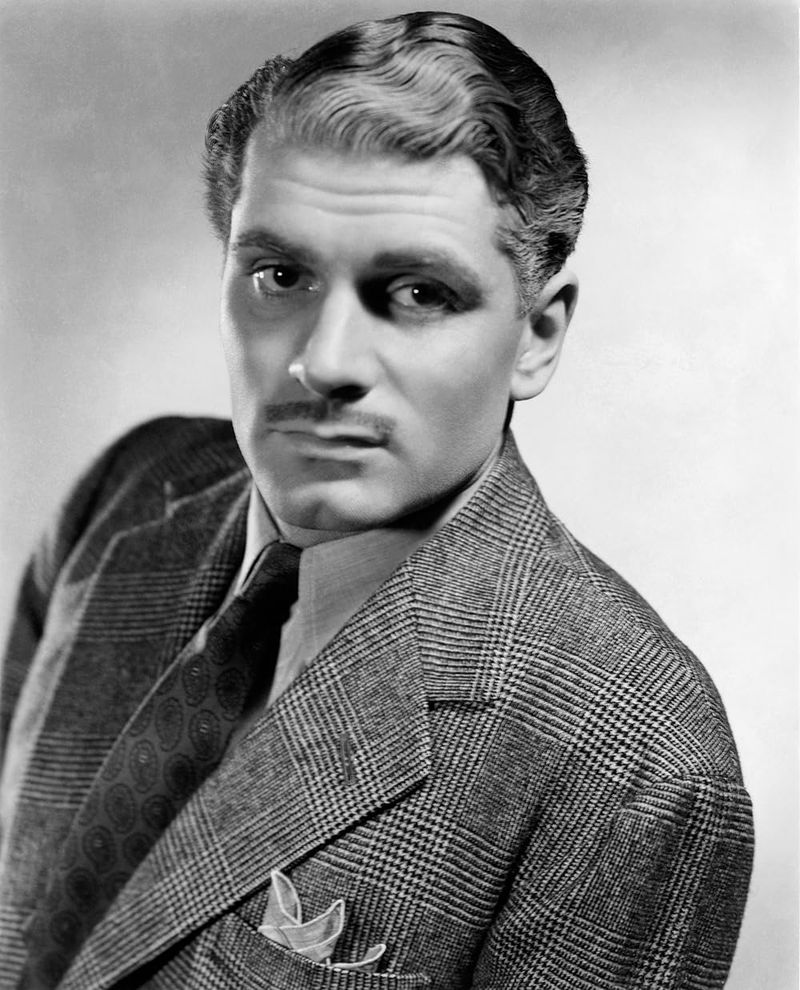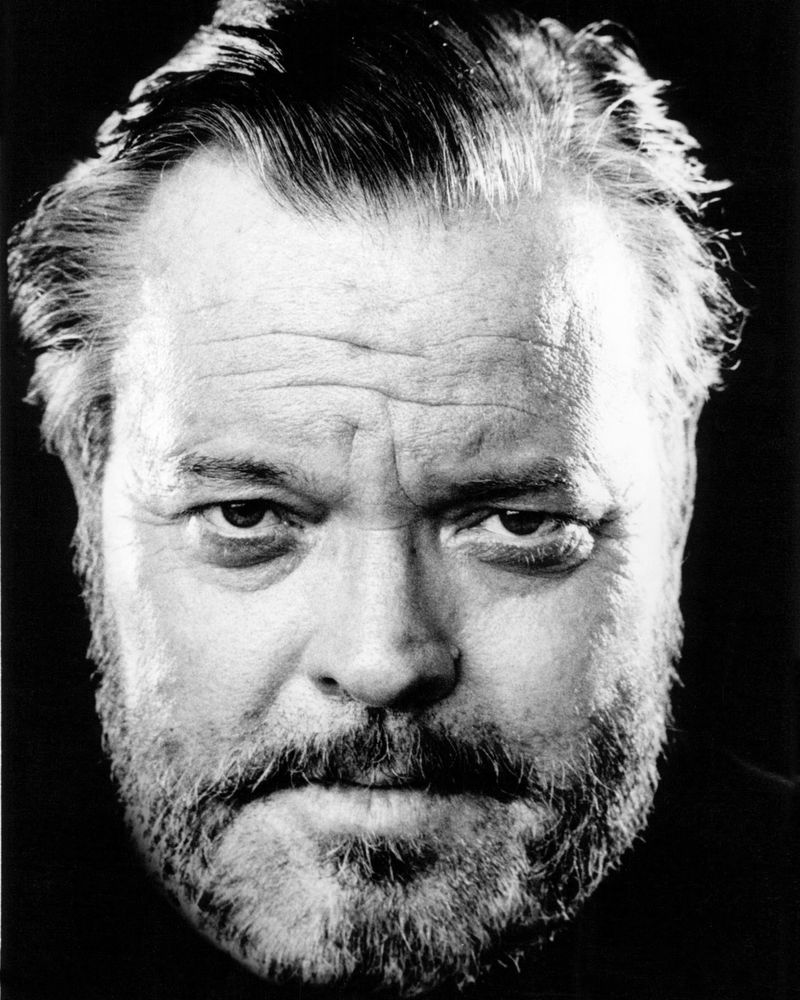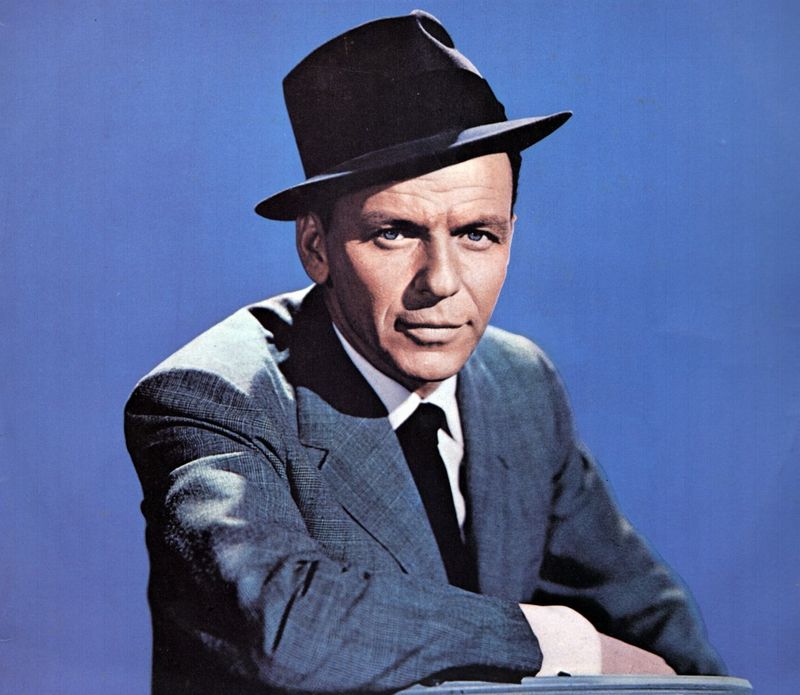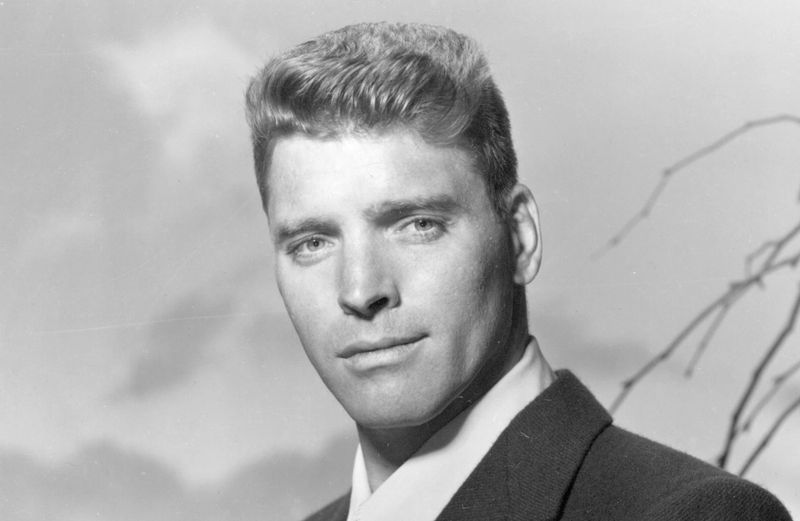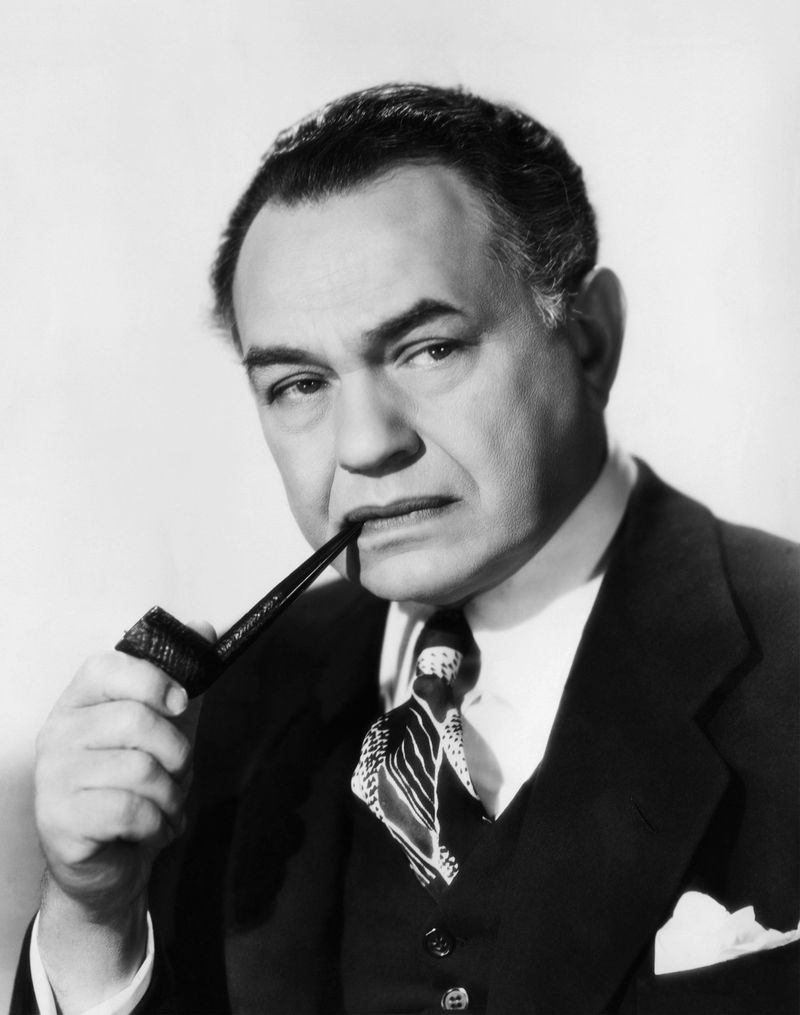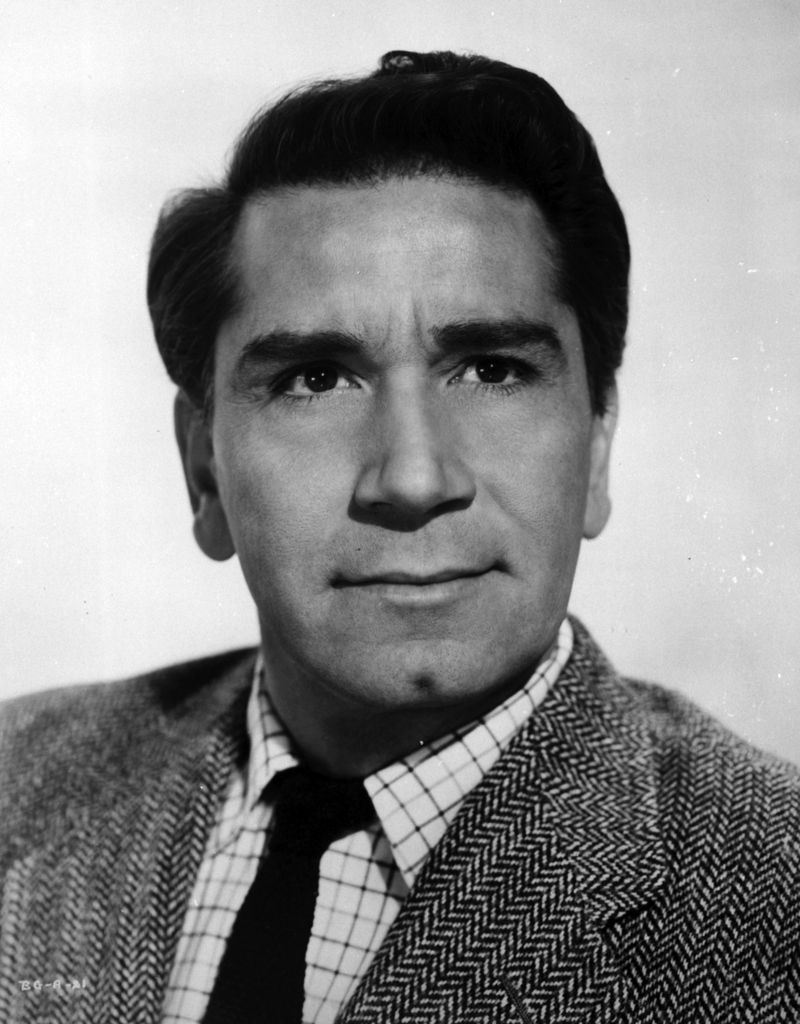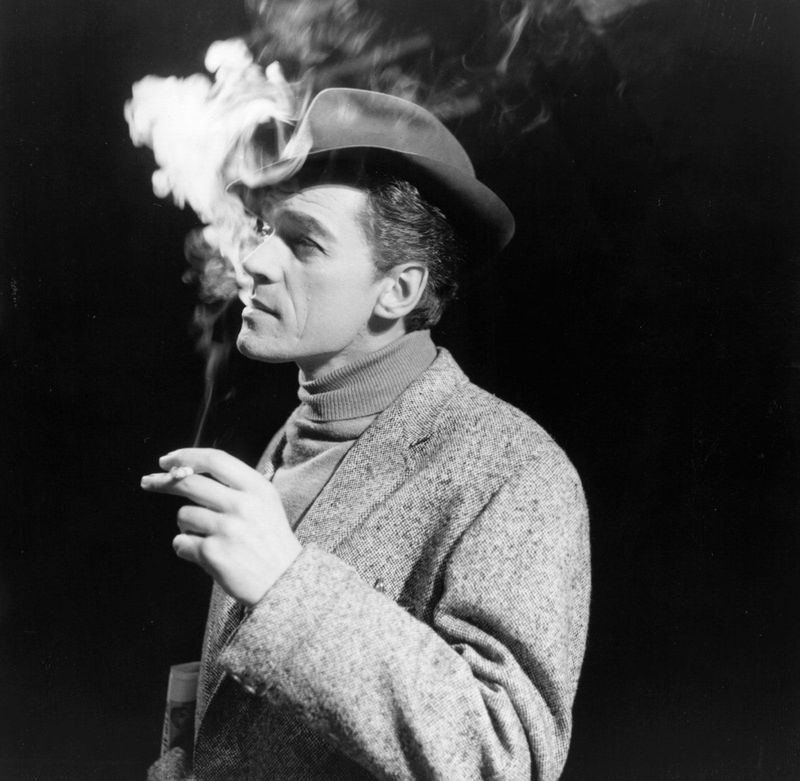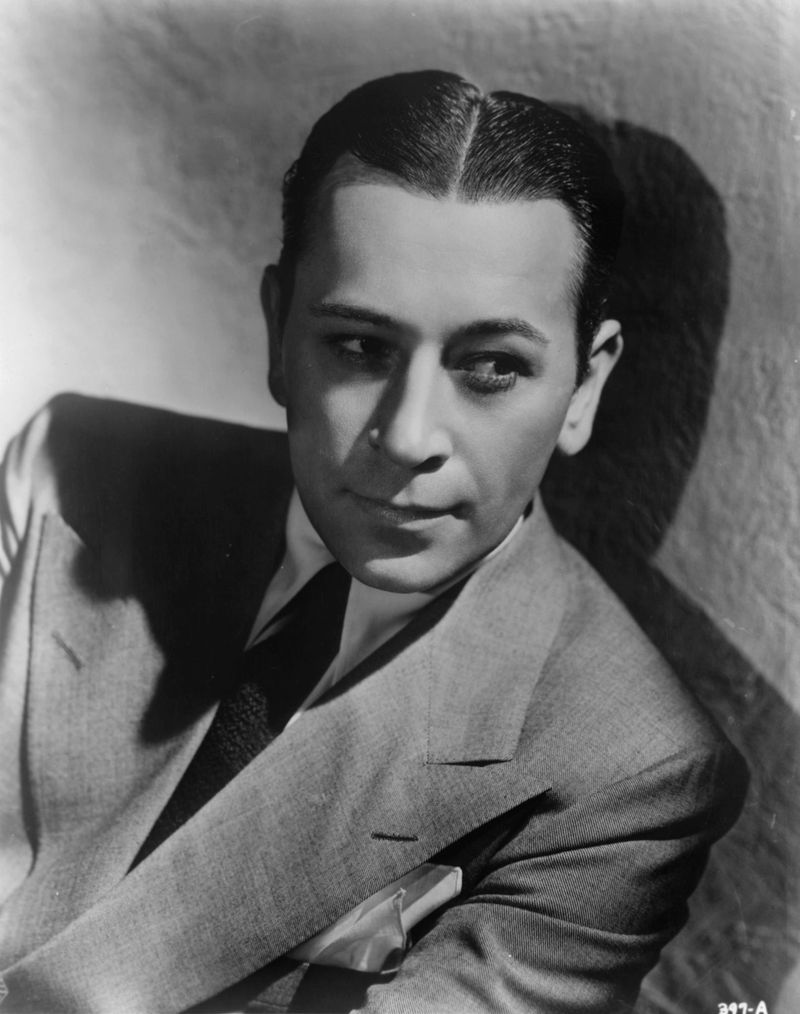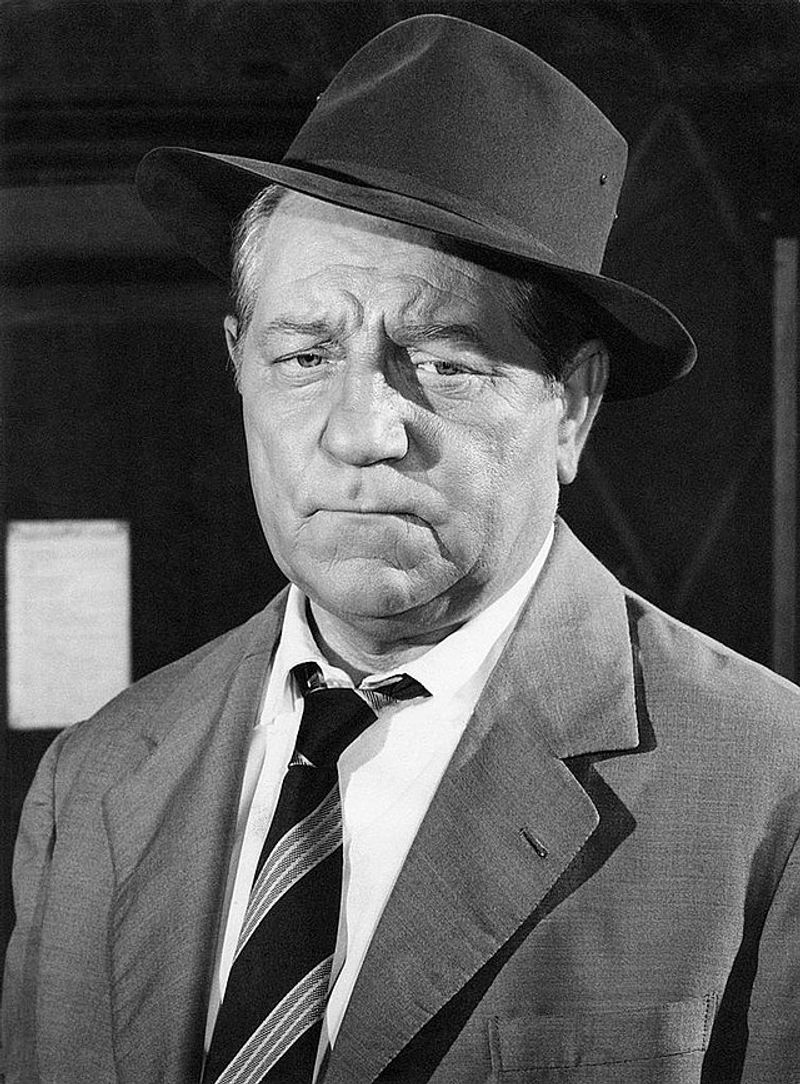When Francis Ford Coppola was casting ‘The Godfather’ in the early 1970s, the role of Vito Corleone became one of the most coveted parts in Hollywood.
While Marlon Brando’s performance as the aging mafia boss is now legendary, many other famous actors were considered or actively campaigned for the iconic role.
Studio executives, casting directors, and production insiders have revealed surprising alternatives that might have completely changed cinema history.
1. Ernest Borgnine’s Mobster Experience Almost Won Him The Don
A casting director who worked closely with Paramount Pictures shared that Ernest Borgnine was seriously considered for the role of Vito Corleone. Fresh off his success in films like ‘Marty’ and ‘The Wild Bunch,’ Borgnine had the perfect combination of intimidating presence and emotional depth.
“Ernest could switch from menacing to grandfatherly in seconds,” the insider revealed. “He actually screen-tested and impressed everyone with his take on the famous wedding scene.”
Borgnine’s previous experience playing tough guys and his Italian-American background made him a studio favorite, but concerns about his more comedic image from ‘McHale’s Navy’ ultimately worked against him.
2. Anthony Quinn Came Shockingly Close To Becoming The Godfather
“The studio executives practically had the contract ready for Anthony Quinn,” reveals a former Paramount legal assistant who witnessed the negotiations firsthand. Quinn, with his commanding screen presence and Oscar-winning pedigree, seemed perfect for portraying the powerful Sicilian patriarch.
The Mexican-American actor had already demonstrated his ability to play Italian characters convincingly in films like ‘La Strada.’ His intense eyes and gravelly voice would have brought a different kind of authority to Don Corleone.
Salary negotiations reportedly stalled at the last minute, creating the opening that eventually allowed Brando to claim the role that revitalized his career.
3. George C. Scott Turned Down The Chance To Be Don Corleone
A production assistant from the original ‘Godfather’ set revealed that George C. Scott was actively pursued for the role of Vito Corleone. Coming off his Oscar-winning performance as General Patton, Scott was considered a bankable star who could bring gravitas to the crime family patriarch.
“Scott was known for his explosive intensity, which would have made for a very different Don Corleone than Brando’s quiet menace,” the insider explained. Famously difficult but undeniably talented, Scott allegedly read the script but declined the opportunity.
His refusal wasn’t surprising to those who knew him—Scott had previously rejected his Oscar for ‘Patton,’ showing his independent streak and disregard for Hollywood politics.
4. Laurence Olivier Was The Studio’s Prestigious First Choice
“Paramount initially wanted the world’s greatest actor for what they saw as a prestige picture,” confided a former studio executive who was present during early casting discussions. Sir Laurence Olivier, the most respected classical actor of his generation, topped their wishlist for Vito Corleone.
The British acting legend was approached with a substantial offer, but timing worked against the possibility. Olivier was dealing with health issues that made the demanding shooting schedule impossible to commit to.
The executive noted that Olivier would have brought Shakespearean grandeur to the role, potentially transforming the character into a more regal, less streetwise figure than Brando’s interpretation.
5. Orson Welles Campaigned Hard But Was Rejected By Coppola
A longtime friend of Francis Ford Coppola revealed that Orson Welles actively pursued the role of Vito Corleone. The ‘Citizen Kane’ director and actor sent multiple messages to Coppola expressing his interest and even had his agent make repeated calls to Paramount.
“Welles was fascinated by the character and saw parallels to the powerful figures he’d portrayed throughout his career,” the source explained. At the time, Welles was struggling to finance his own films and saw the commercial project as a potential comeback vehicle.
Coppola reportedly worried that Welles’ outsized personality and directorial experience would create tension on set, especially given Coppola’s own status as a young director still proving himself.
6. Frank Sinatra’s Desperate Campaign To Play Don Corleone
“Sinatra wanted that part badly—maybe more than any role in his career,” revealed a music industry executive with close ties to the legendary singer. The irony wasn’t lost on Hollywood insiders, as the character Johnny Fontane in ‘The Godfather’ was widely believed to be based on Sinatra himself.
Frank reportedly used his Mafia connections to pressure the studio, creating an uncomfortable parallel to the very story being told in the film. His Italian-American heritage and natural charisma made him feel entitled to the role.
The studio never seriously considered him, partly because Sinatra was too young and too recognizable as himself, and partly because his rumored mob ties made the casting seem too on-the-nose.
7. Burt Lancaster’s Agent Begged Paramount For The Godfather Role
A retired casting director shared that Burt Lancaster’s representation mounted an aggressive campaign to secure the Vito Corleone role for their client. Lancaster, known for his physical presence and intensity, was eager to reinvent himself with a character role that would showcase his dramatic range.
“Lancaster even offered to do a screen test, which was unusual for an actor of his stature,” the insider mentioned. The studio executives were initially receptive, seeing Lancaster’s box office appeal as a safer bet than the troubled Brando.
What many don’t know is that Lancaster later got his revenge by accepting the role of Don Altobello in ‘The Godfather Part III,’ coming full circle in the franchise that initially rejected him.
8. Edward G. Robinson’s Gangster Legacy Almost Came Full Circle
A film historian with connections to Paramount Pictures revealed that Edward G. Robinson was seriously considered for the role of Vito Corleone. Robinson, whose career was defined by playing gangsters in films like ‘Little Caesar,’ represented an interesting full-circle moment for the genre.
“There was poetic justice in having the actor who defined gangster films in the 1930s play this new kind of complex crime boss,” the historian explained. By the early 1970s, Robinson was in his late 70s, perfectly matching Vito’s age in the story.
Robinson’s health was deteriorating, however, and there were concerns about his stamina for the lengthy production schedule. He passed away in 1973, shortly after the film’s release.
9. Richard Conte’s Demotion From Don Corleone To Don Barzini
“Richard Conte actually came to his audition believing he was reading for Vito Corleone,” revealed a production assistant who worked on ‘The Godfather.’ Conte, with his history of playing tough guys in film noir classics, had the perfect look and ethnicity for the Sicilian crime boss.
The veteran actor impressed Coppola, but the director and producers decided he wasn’t quite right for the lead role. Rather than rejecting him outright, they offered him the part of Don Barzini, one of Corleone’s chief rivals.
Conte allegedly took the news with professional grace, later telling friends that playing one of the Five Families heads was better than not being part of what he correctly predicted would be a landmark film.
10. Paul Scofield’s Shakespearean Approach To The Mafia Don
A former Paramount executive shared that British actor Paul Scofield was approached about playing Vito Corleone following his Oscar win for ‘A Man for All Seasons.’ The studio saw potential in bringing Scofield’s Shakespearean gravitas to the character, envisioning Vito as a modern-day King Lear.
“Scofield was intrigued by the script’s exploration of power and family,” the executive recalled. “He even prepared some scenes with a Sicilian accent that was surprisingly convincing.”
Ultimately, scheduling conflicts with stage commitments in London prevented serious negotiations from developing. Some insiders believe Coppola was relieved, as he preferred an Italian-American actor for authenticity.
11. George Raft’s Real-Life Mob Connections Made Him Too Authentic
A retired FBI agent who consulted on the film revealed that George Raft was briefly considered for the role of Vito Corleone. Raft, famous for gangster roles in the 1930s and 40s, had well-documented connections to real-life organized crime figures like Bugsy Siegel and Meyer Lansky.
“Raft knew these people intimately—maybe too intimately for comfort,” the consultant explained. By the early 1970s, Raft was in his 70s, the perfect age for Vito, and brought an authenticity that was both his greatest asset and biggest liability.
The studio reportedly worried about the publicity implications of casting someone with actual mob ties in what was already a controversial project that many Italian-American groups were protesting.
12. Jean Gabin Would Have Made Vito Corleone French
A European producer who had connections with Paramount’s international division shared that legendary French actor Jean Gabin was seriously discussed for the role of Vito Corleone. Paramount briefly considered giving the film a more international flavor by casting the iconic star of ‘Pépé le Moko’ and ‘La Grande Illusion.’
“Gabin had the perfect combination of menace and paternal warmth,” the source explained. The concept would have required changing Vito’s background to French-Corsican, as the Corsican mafia had similar structures to the Sicilian Cosa Nostra.
Language barriers and concerns about American audience acceptance ultimately ended discussions, though Gabin reportedly expressed interest in the character after reading a translated version of the script.
